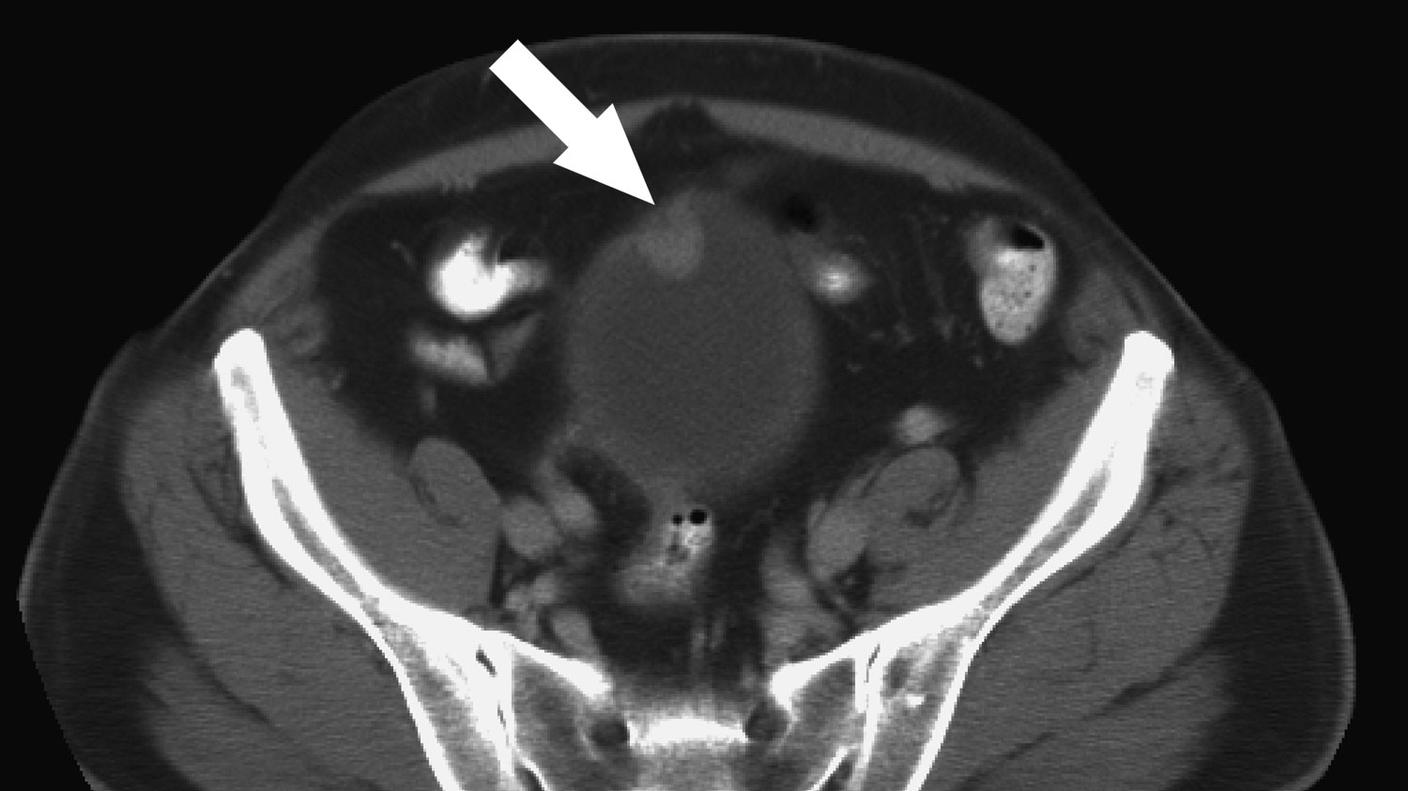Bladder Cancer Research in DCEG
DCEG researchers conduct studies on bladder cancer. Most bladder cancers are transitional cell carcinomas. Other types include squamous cell carcinoma and adenocarcinoma, which result from chronic irritation and inflammation.
DCEG Investigations into Bladder Cancer Etiology
-
Drinking Water Contaminants
Studies of water contaminants that are thought to be associated with cancer risk, including arsenic, disinfection byproducts, nitrate, and Per- and Polyfluoroalkyl Substances (PFAS).
-
Interdisciplinary Case-Control Study of Bladder Cancer in Spain
A large interdisciplinary case-control study of bladder cancer in 18 hospitals from five different regions in Spain
-
Ludmila Prokunina-Olsson Laboratory
Dr. Prokunina-Olsson's lab investigates genetic risk for bladder cancer risk using Genome-wide Association Studies (GWAS), and post-GWAS analyses that include genetic fine-mapping and functional molecular analysis of the candidate genetic variants and genes. In addition to bioinformatics tools, the lab uses a wide range of experimental tools to explore both coding and non-coding genetic variants, such as DNA and RNA sequencing, genotyping, RNA and protein expression, DNA-protein interaction analysis, genome editing, cell culture, epigenetic studies, etc. They are also exploring the regulation of somatic mutagenesis in bladder tumors by germline variants and environmental factors.
-
New England Bladder Cancer Study
A population-based case-control study that investigates the reason for the persistent excess of bladder cancer mortality and incidence in the northern New England area.
